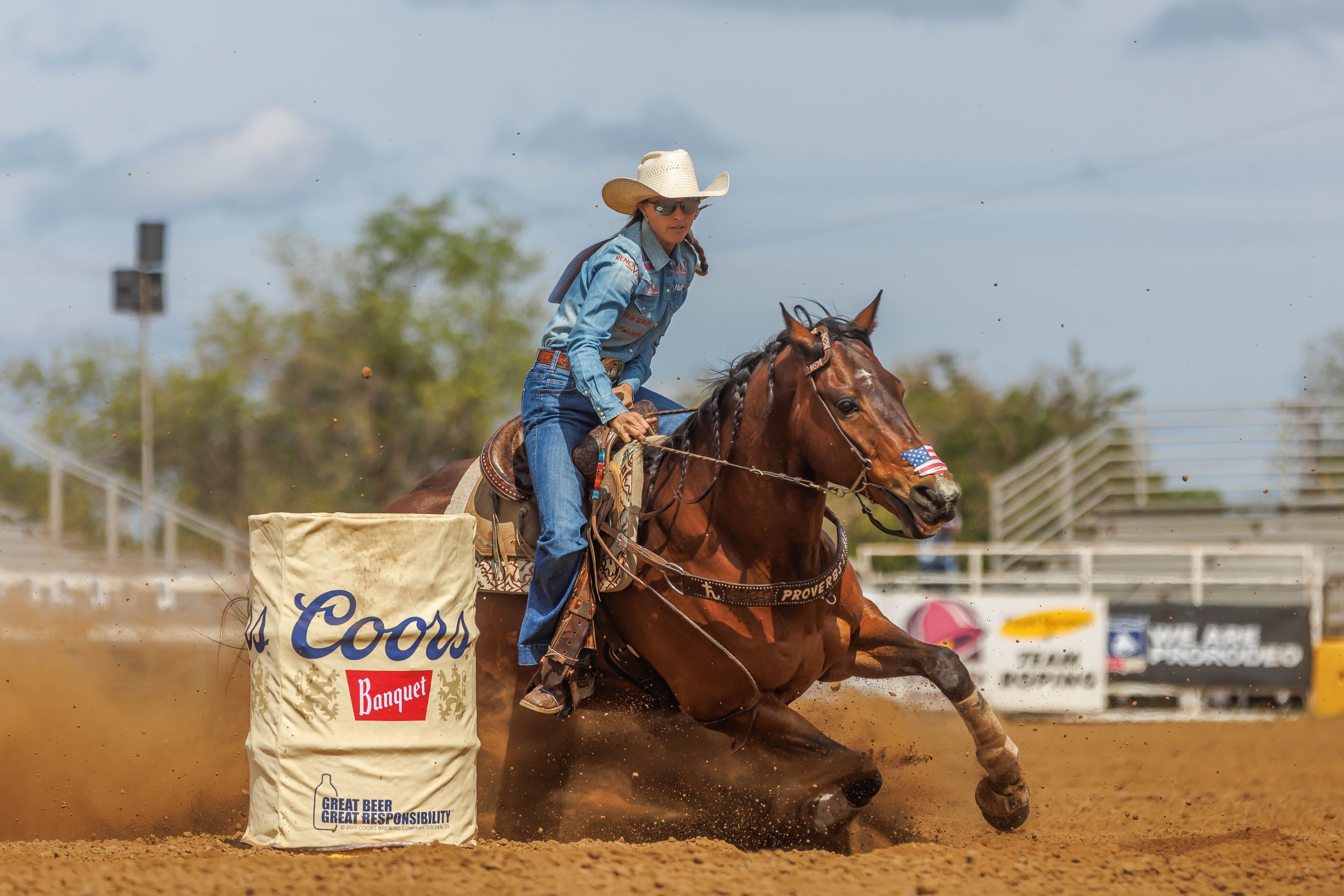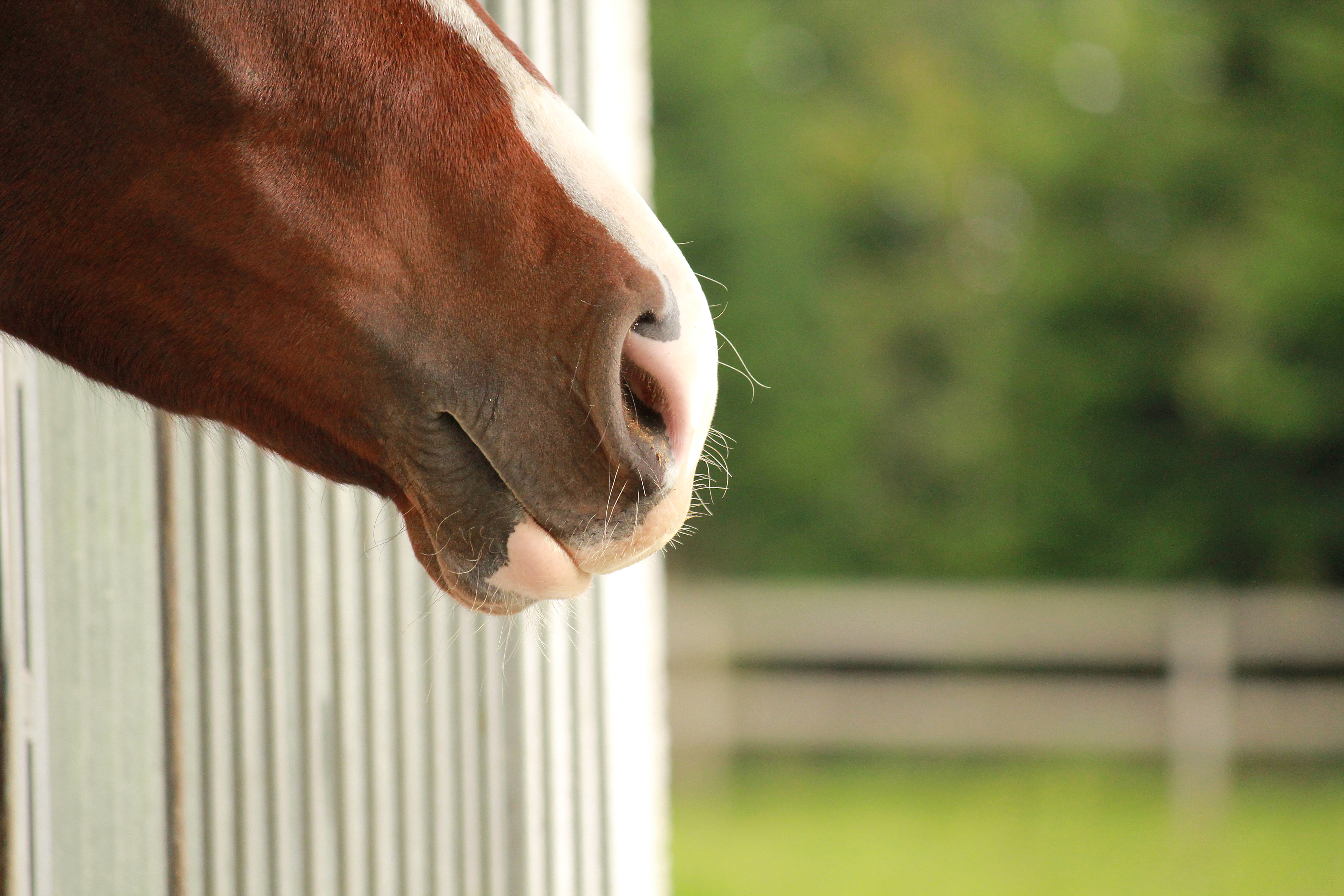The lungs of a horse play a crucial role in ensuring optimal oxygen delivery, which fuels muscle function and energy production. Like human athletes, maintaining the horse's respiratory system is vital to their overall well-being and peak performance. However, horses are vulnerable to various respiratory issues, including allergies and inflammation. Without proper care, these problems can severely limit performance. This guide explores practical ways to ensure horse lungs stay healthy and function effectively.
Practical Tips to Keep Horse Lungs Healthy
Below are some of the most effective ways to care for your horse’s respiratory system.
1) Provide Good Ventilation
A well-ventilated stable is essential to prevent respiratory irritants like dust, Mold, and ammonia buildup from compromising the horse respiratory system. Poor air circulation can produce stale air containing harmful gases such as carbon monoxide.
- Ensure the stable has adequate windows, vents, and fans for airflow.
- Regularly clean the stable to minimize dust and debris.
- Allow horses to spend time outdoors in fresh air, encouraging healthier breathing.
2) Maintain Regular Exercise Routine:
Regular exercise is critical for good lung health in horses. Besides increasing lung and airway strength and flexibility, regular exercise can also reduce the risk of respiratory tract infections and diseases. Exercise makes horses breathe more quickly and deeply, which aids in clearing mucus or other debris from their airways.
- Start with gradual exercise intensity to avoid overstraining the lungs.
- Pay attention to breathing patterns during and after exercise to detect distress.
- Besides regular exercise, providing the horse plenty of turnout time, which enables horses to move around freely, breathe clean air, and lower the possibility of respiratory issues, can be good for their lungs.
However, during specific seasons of the year when allergens are present in the air, restricting the horse's turnout time is very important, especially if the horse has a history of respiratory problems or allergies.
3) Preventing Dust and Allergens
Dust and allergens can harm horses' lungs, especially if they already have an underlying respiratory issue. Therefore, it is essential to prevent the accumulation of dust and allergens in the horse's immediate environment, and there are several ways to do this.
- Keeping the Stable Clean: The stable should be regularly cleaned to remove dust or dirt buildup. Dry-sweeping methods are preferred to using a damp cloth to wipe down surfaces.
- Using Dust-Free Bedding: It is recommended that bedding free from dust, such as shavings or paper-based products, be used.
- Avoiding Dusty Hay: When selecting hay, it is highly recommended that it is free from dust and mold. If dust-free hay is not available, soaking it in water for 10-20 minutes before feeding your horse can help reduce the amount of dust.
- Keeping the Environment Hygienic: Avoid exposing horses to dusty arenas or construction areas where airborne contaminants are prevalent.
Taking the abovementioned measures can prevent the buildup of dust and allergens in the horse's immediate environment and control the risk of respiratory issues.
4) Monitor Respiratory Health Regularly
Regularly monitoring the horse's respiratory health ensures its lungs function correctly. This includes:
- Check for signs: Watch for abnormal breathing, coughing, nasal discharge, or increased heart rate, which may indicate distress.
- Temperature: Regularly measure temperature and heart rate to track potential respiratory infections.
- Veterinary Care: Routine vet checkups are essential to detect underlying respiratory issues before they escalate.
5) Provide Proper Nutrition
Good, balanced nutrition plays a vital role in maintaining a horse's lungs' health. A balanced diet with the proper nutrients helps support the horse's immune system and respiratory health.
- Hay and pasture are popular sources of nutrition for horses. It's also critically important to ensure that they are free from dust, Mold, and other harmful contaminants. Soaking hay to reduce dust and allergens will benefit horses easily susceptible to respiratory issues.
- Supplements containing vitamin A, vitamin C, and Vitamin K support lung health in horses. However, it is advised to consult the vet before adding supplements to the horse's diet.
- Access to clean drinking water throughout is critical. Keeping the horse hydrated helps to keep the mucous membranes in their respiratory tract moist and functioning correctly.
Conclusion:
Maintaining your horse’s lung health ensures they stay energetic and ready for peak performance. Practical tips like providing good ventilation, regular exercise, proper nutrition, and health monitoring can prevent respiratory issues before they arise. Whether your horse competes or enjoys leisurely rides, vital respiratory function is critical to its quality of life.
Are you looking for effective respiratory care solutions?
Explore our range of supplements and products designed to keep your horse breathing easily and performing at their best. You can explore supplements for respiratory health and other essential ingredients. Proper care and targeted nutrition support healthy lungs, strengthen the immune system, and enhance performance.
Visit Med-Vet Pharmaceuticals or contact us today at 833-809-4848 to learn more about supporting your horse's health at every stage of their life.


